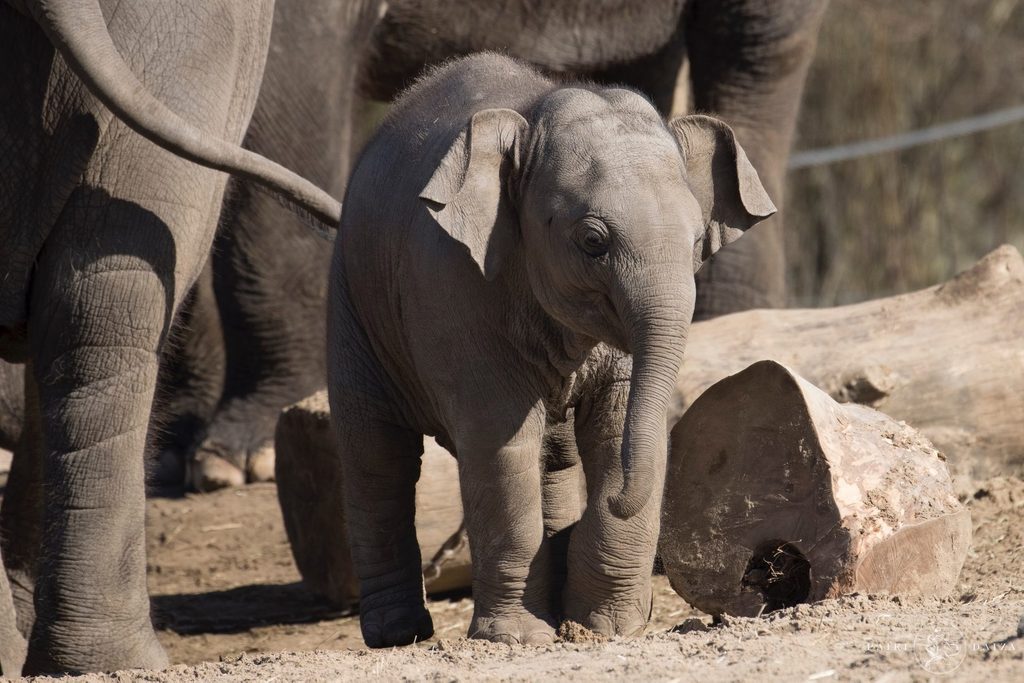Sayun, a two-year-old elephant calf living at the Pairi Daiza zoo in Hainaut, died on Monday evening as a result of complications from Elephant Endotheliotropic Herpesvirus (EEHV).
On the park's official Facebook page, the Belgian zoo mourned the passing of the young elephant. "It is with infinite sadness that we must announce this evening the death of our little Sayun, the last of the Asian elephants born in Pairi Daiza," a zoo spokesperson wrote.
The elephant was born on 18 December 2020, and was loved by park guests and staff alike. The calf was heavily affected by EEHV, a disease which "threatens the survival of all young Asian elephants, both in the wild and in zoos."
"The creeping and still incurable herpes virus poses a serious threat to all elephants. But especially to the youngest elephants, between two and seven years old. This is the age when they breastfeed less and no longer get all the necessary antibodies through breast milk," the zoo explained.
Zoologists say that the virus hit the young elephant with "unparalleled cruelty", giving her "no chance of surviving the disease."
Symptoms onset rapidly and the young calf quickly deteriorated, suffering from internal bleeding as is typical with the virus. Blood transfusions from two healthy adult elephants who had antibodies against the virus were not enough to save the baby elephant.
"Sayun passed away on Monday night at around 19:00, surrounded by her family. Her extended family, caregivers and vets are deeply saddened and devastated. Her family, because we know that elephants are among the most sociable animals out there, is aware of the loss and is devastated," the zoo announced on Facebook.
The zoo speaks of "disgust and indignation" at the death of the elephant, and called on researchers to redouble their efforts to develop a vaccine for EEHV.
The first case of EEHV was reported in 1990, but it is believed to have existed since 1980. Around 80% of elephant calves who contract the virus will die. Treatments are expensive and ineffective.

